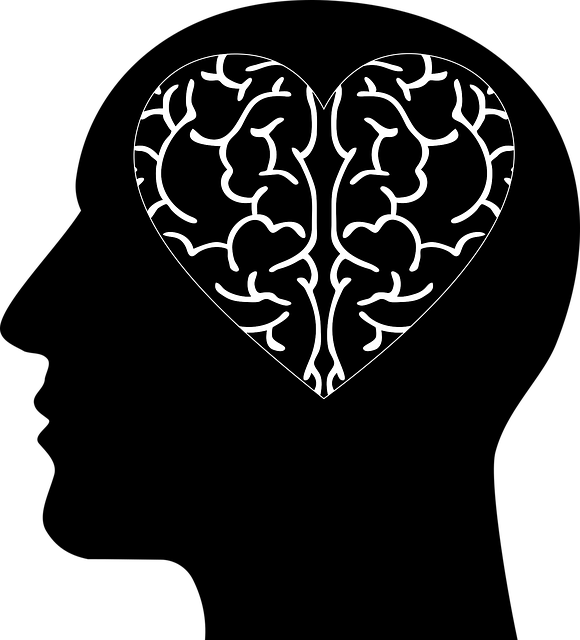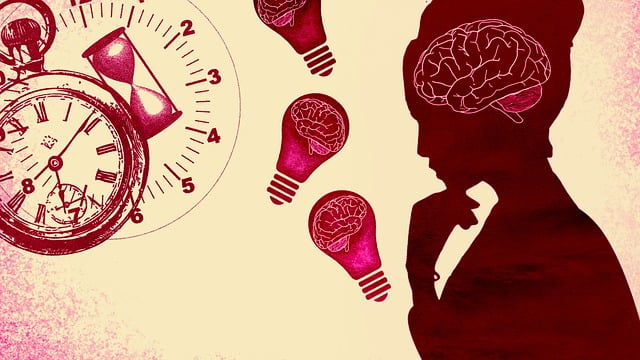Childhood abuse has long-term effects on mental health, often leading to adult conditions like anxiety, depression, PTSD, and personality disorders. Early intervention is key, but many young adults lack access to therapy for young adults abuse survivors. Mental health advocacy groups are working to break down stigma, improve access to quality therapy services, and provide education on trauma recovery. By implementing tailored therapy models, workshops, and community awareness programs, these initiatives foster resilience and empower survivors to advocate for their mental well-being. Therapy for young adults abuse survivors is a crucial step towards preventing severe mental health issues and creating a supportive society.
Mental health advocacy initiatives play a crucial role in addressing the profound impact of childhood abuse, which can significantly affect survivors’ well-being. This article explores various aspects of this critical issue, from understanding the long-term effects on mental health to advocating for accessible therapy services tailored to young adults who have experienced abuse. We delve into successful community awareness campaigns and inspiring success stories, highlighting how advocacy is revolutionizing support for survivors, ensuring they receive the necessary care and healing.
- Understanding the Impact of Childhood Abuse on Mental Health
- The Importance of Early Intervention and Support for Young Adults
- Creating Accessible Therapy Services for Survivors
- Building Community Awareness and Education around Mental Health Advocacy
- Success Stories: How Advocacy Initiatives are Making a Difference
Understanding the Impact of Childhood Abuse on Mental Health

Childhood abuse has profound and lasting effects on an individual’s mental health, often leading to complex psychological challenges as they grow into adulthood. This is particularly concerning given that many survivors may not receive appropriate therapy for young adults abuse survivors, leaving them to navigate their emotional well-being without adequate support. The impact can manifest in various forms, from anxiety and depression to more severe conditions such as PTSD and personality disorders.
Raising public awareness about the issue through comprehensive campaigns is an essential step in addressing this problem. Education on identifying signs of abuse and promoting trauma support services can help ensure that survivors receive the necessary emotional well-being promotion techniques at an early stage. Such initiatives are crucial in breaking down stigma and encouraging victims to seek help, ultimately fostering a healthier and more supportive society for all.
The Importance of Early Intervention and Support for Young Adults

Early intervention and support for young adults facing mental health challenges are crucial to their overall well-being and future success. This demographic often faces unique barriers, including the trauma associated with abuse survivors seeking therapy for young adults. Effective advocacy initiatives must address these specific needs by providing accessible resources and safe spaces for open communication.
Implementing strategies that foster positive thinking and emotional well-being promotion techniques can significantly impact this population’s mental health recovery journey. By encouraging young adults to express themselves, build resilience, and develop healthy coping mechanisms early on, we can prevent more severe issues from arising later in life. Such initiatives empower individuals to take control of their mental health and cultivate a more positive outlook.
Creating Accessible Therapy Services for Survivors

Many mental health advocacy groups are dedicated to ensuring that young adults who have survived abuse have access to quality therapy services. This involves breaking down barriers such as cost, location, and stigma associated with seeking treatment. Specialized programs designed for this demographic often incorporate tailored therapy models that address unique challenges faced by survivors, including trauma-informed care. By integrating evidence-based practices like cognitive behavioral therapy (CBT) and eye movement desensitization and reprocessing (EMDR), these initiatives aim to equip individuals with effective coping mechanisms and stress reduction methods.
Additionally, mental health education programs play a pivotal role in empowering abuse survivors by fostering self-awareness and resilience. Workshops focused on trauma recovery, social skills training, and peer support networks contribute to the holistic development of survivors. Such initiatives not only help young adults process their experiences but also encourage them to become advocates for their own mental well-being, ultimately enriching their lives and communities.
Building Community Awareness and Education around Mental Health Advocacy

Building community awareness and education is a pivotal aspect of mental health advocacy initiatives. By organizing workshops, seminars, and public talks, we can break down the barriers surrounding mental illness and reduce the pervasive stigma that often prevents survivors from seeking therapy for young adults abuse survivors. These platforms provide opportunities to educate people on recognizing the signs of mental health issues and promoting early intervention—crucial steps in effective risk management planning for mental health professionals.
Mental health advocacy also involves equipping healthcare providers with the necessary tools and knowledge through cultural competency training, which fosters an understanding of diverse communities’ unique needs. This approach ensures that services are accessible and tailored to all individuals, regardless of their background or experiences with trauma. Through such efforts, we can create a more inclusive and supportive environment, ultimately encouraging those affected by mental illness to come forward for the help they need, including therapy for young adults abuse survivors.
Success Stories: How Advocacy Initiatives are Making a Difference

Many mental health advocacy initiatives have been making significant strides in improving access to therapy for young adults abuse survivors. These programs, often driven by passionate individuals and organizations, are reshaping the narrative around emotional healing processes. Through dedicated efforts, they’ve not only increased awareness but also played a pivotal role in shaping Mental Health Policy Analysis and Advocacy.
Success stories abound; for instance, numerous non-profits have established safe spaces where abuse survivors can find solace and access essential therapy services. These initiatives prioritize trauma-informed care, ensuring that young adults receive the support needed to navigate their emotional healing processes effectively. By breaking down barriers to mental health care, these advocacy programs are fostering a culture of resilience and empowerment among their beneficiaries.
Mental health advocacy initiatives, focusing on early intervention, accessible therapy services, and community education, play a pivotal role in healing and empowering survivors of childhood abuse. By addressing the unique challenges faced by young adults who have experienced trauma, these efforts ensure that individuals receive the necessary support to thrive. Through success stories highlighting the positive impact of advocacy, it’s clear that creating a network of understanding and resources can transform lives. This includes providing tailored therapy for young adults abuse survivors, fostering community awareness, and ultimately, revolutionizing mental health care accessibility.










